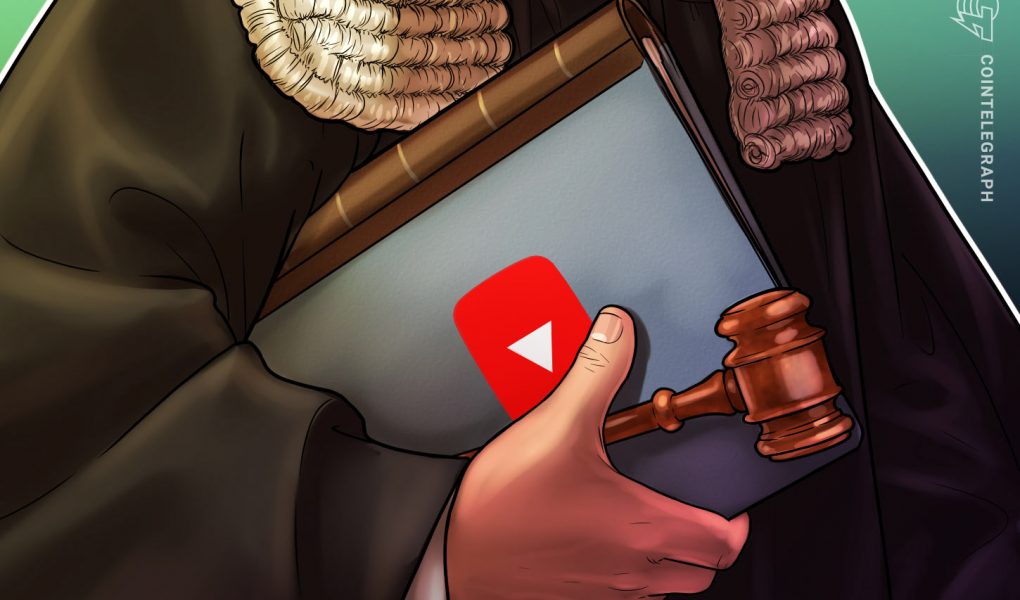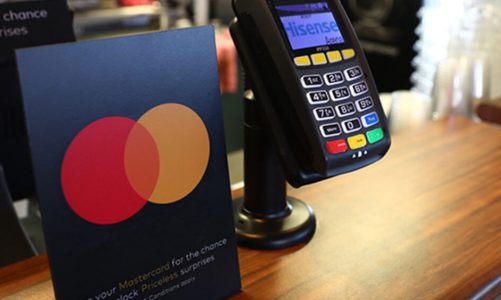The CEO of Ripple, a San Francisco-based cryptocurrency and finance company, filed a lawsuit Tuesday accusing the streaming giant of turning a blind eye to scams that have defrauded consumers.
In a lawsuit filed in federal court in San Francisco, Garlinghouse and Ripple accuse YouTube of damaging their brand and reputation, and are demanding an unspecified amount of financial compensation. The lawsuit also asks the court to prohibit YouTube from profiting from the scams or allowing them to continue.
The alleged scams in question resemble those found on other social media platforms and typically use the image of prominent executives, including Bill Gates and Richard Branson, to offer “freebies.” In most cases, scammers ask victims to send a small sum to receive a bigger windfall, only to run away with the funds they receive.
In the case of YouTube, the complaint cites numerous cases in which hackers seized the channels of legitimate creators and replaced their videos with others advertising Ripple-related scams. Ripple’s scam videos often feature media interviews with Garlinghouse taken from trusted sources and overlaid with invitations to participate in XRP cryptocurrency “giveaways.”
According to the complaint, YouTube does not adequately restrict the dissemination of such videos, and even benefits from them by allowing scammers to pay to promote them. These promotions allegedly involve scammers buying keywords like “Ripple” and “Brad Garlinghouse” to target the videos to people searching for those terms.
The complaint adds that Ripple employs a third-party company to track such scams and instruct social media companies to remove such scams. However, despite sending hundreds of notices to YouTube, Ripple says that the media giant has responded slowly or not at all.
“YouTube regularly touts its robust content self-regulating tools on its platform, which purportedly include” cutting edge machine learning technology “and an extensive network of human reviewers,” the complaint read.
A recent Fortune search on YouTube uncovered a handful of videos that appeared to be scams that used Garlinghouse’s image as a decoy. However, most of the search results for “Ripple” or “Garlinghouse”, including the top ones, appeared to be legitimate content.
A spokesperson for YouTube, which is owned by Google, provided the following statement: “We take abuse of our platform very seriously and take prompt action when we detect violations of our policies, such as scams or phishing.”
Legal uncertainty over YouTube’s responsibility
Copycat scams involving cryptocurrencies are ubiquitous on social media. These include a recent one in which hackers took over a popular YouTube channel and claimed to run a “ask me anything” question and answer session with the CEO of cryptocurrency giant Coinbase. And on Twitter and Instagram, crypto enthusiasts have frequently come across fraudulent accounts displaying the name and face of prominent people in the industry, including the CEO of Ripple.
Garlinghouse, however, says that he and Ripple chose to highlight YouTube because the other social media platforms have responded relatively more to complaints about scammers and fake accounts. He added that more crypto criminals are migrating to YouTube in recent months and accused the media giant of not making a serious effort to reduce them.
Ripple and Garlinghouse could face an uphill struggle with demand. The obstacle is the same one that critics of social media platforms have faced: a law that protects Internet companies from liability for the actions of their users.
Commonly known as Section 230, the law ensures that startups don’t face ruinous litigation when a user posts a comment on their website, and it also protects tech giants like Facebook and Amazon from many forms of liability.
At first glance, YouTube would appear capable of invoking Section 230 to deflect responsibility from cryptocurrency scammers. Garlinghouse, however, notes that the complaint accuses YouTube of damaging its trademark and that the trademarks are intellectual property, which is excluded from the general shield of Section 230.
Garlinghouse says that Ripple will use the damages or settlement money it receives from the case to reimburse victims fleeced by YouTube scams. A former Yahoo senior executive, he also acknowledged that Silicon Valley companies have enjoyed many benefits from Section 230, but that the law, passed in 1996, is now inadequate.
“The world changes. Times change. I can understand why the 1996 Act was written, but that was 25 years ago. Platforms have been abused in an unanticipated way and now technology leaders must be at the forefront, evolve and adapt”.




